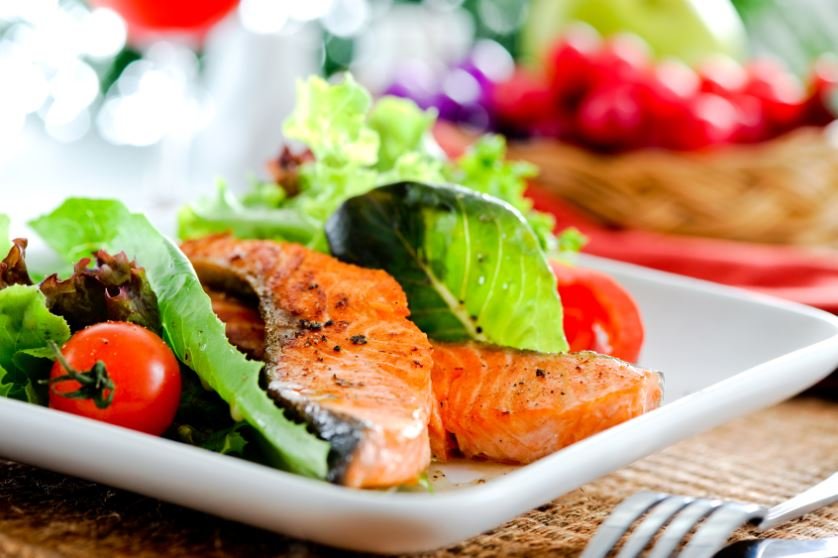Friday, 27 February 2026
EU issues new guidelines for maintaining food quality
The new guidance establishes a step-by-step approach for consumers and food authorities to identify whether producers are in breach of these laws. The European Union (EU) has issued guidelines to…

The new guidance establishes a step-by-step approach for consumers and food authorities to identify whether producers are in breach of these laws.
The European Union (EU) has issued guidelines to help national authorities determine whether a company is breaking laws by selling food or drink products of dual quality in different countries.
The new guidance says there could be a breach of EU consumer laws if consumers are not informed about the difference in a product between two countries and if the difference affects their buying behaviour.
The Food Information Regulation requires that consumers are given truthful and sufficient information about a particular food product. For example, food labels must list of all of the ingredients contained in a product.
Furthermore, the Unfair Commercial Practices Directive prohibits marketing identically branded products in a way that has the potential to mislead consumers.
Based on the legislation, the new guidance establishes a step-by-step approach for consumers and food authorities to identify whether producers are in breach of these laws.
In addition to the new guidelines, the European Commission is working on a methodology to improve food product comparative tests so that member states can discuss the issue on a sound and shared scientific basis. The Commission has made €1 million available to its Joint Research Centre to develop this methodology.
Technology
Deakin University and Bellarine Foods Partner to Develop Sustainable Marine-Derived Proteins
Feb 26, 2026 | Australia
Royal Unveils Refreshed Jute Bag Design for 20lb Authentic Basmati
Feb 25, 2026 | Company News
Australian Medical Bodies Push for Compulsory Health Star Labelling
Feb 24, 2026 | Australia
Food Testing
Australian Medical Bodies Push for Compulsory Health Star Labelling
Feb 24, 2026 | Australia
Tim Hortons Singapore Secures Majlis Ugama Islam Singapura Halal Certification Ahead of Ramadan
Feb 23, 2026 | Company News
More Popular
UAE’s Cult Mochi Brand MOISHI Makes India Entry with CK Israni Group
Feb 26, 2026 | Company News
Roquette Launches Breakthrough Clean-Tasting Pea Protein Isolate
Feb 26, 2026 | Company News
Affron Saffron Attains First Stress Relief Claim by South Korean Ministry of Food and Drug Safety
Feb 26, 2026 | Company News





